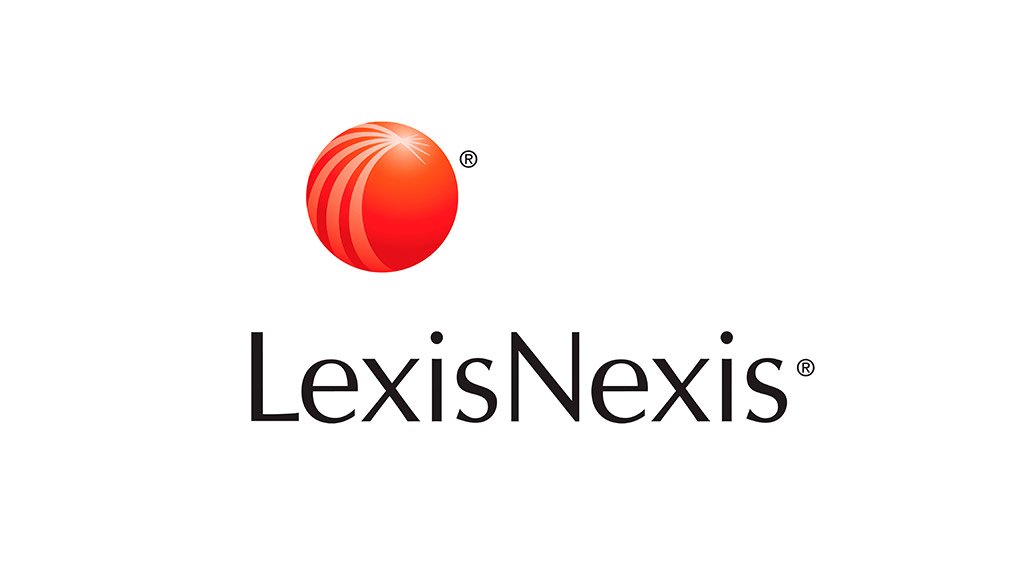By 2016, qualification fraud in South Africa had reached an alarming level with several high profile and senior ranking officials among those who were exposed for lying on their CVs. Soon employers could be faced with legislative obligations aimed at reducing instances of employing qualification fraudsters.
The National Qualifications Framework (NQF) Amendment Bill – published for comment in November 2016 – aims to make it compulsory for employers to refer their employees' qualifications for validation and verification to the South African Qualifications Authority (SAQA). It will also be compulsory for employers to include signed acknowledgment forms from the purported qualification holder. Additionally, employers will be legally obligated to report fraudulent activity.
Rudi Kruger, General Manager of Risk Solutions at LexisNexis says qualification fraud is one of the most serious factors to consider as it can have severe effects on the health of the business.
“We have advocated the seriousness of protecting your business from qualification fraud because the act can lead to financial loss, expensive legal action and most of all - reputational damage,” said Kruger. “Now, proposed legal obligations could make it compulsory for future employees to be thoroughly screened prior to employment, which is a great step towards transparency.”
However, at present there are no laws that make complete background screening compulsory, so the onus lies solely on the employer. There are several screening checks that will not only give you a clear picture of your candidates, but also protect your business from the harmful effects of employing ill-fit candidates.
“Candidates lie about their past roles and responsibilities or inflate their job titles. Think about the damage a person who is not qualified can do if hired to perform skilled tasks. Undisclosed criminal records is another serious transgression as it can introduce unsavoury elements into your business,’ said Kruger.
It can be time consuming and a nuisance, however, with the assistance of technology – like LexisNexis’ workflow solution RefCheck Advanced, which is a pre-employment screening tool – to assist hiring managers with the tools required to build a solid and authentic recruitment plan within their organisation.
In addition to verification of tertiary and secondary academic qualifications held by the individual from registered local and international institutions; RefCheck assists by identifying South African citizenship validation; fraud history checks via the South African Fraud Prevention Services; credit history checks through detailed TransUnion and Experian credit bureau reports; criminal history check via AFISwitch (electronic fingerprint collection and processing); verification of local and international employment history and professional association membership; verification of drivers’ licence status; and matching of bank account against an identity number or registration number. RefCheck, currently utilised by more than 1000 companies and recruitment agencies, can also provide a valuable employee due diligence and audit tool. RefCheck allows 24/7 access which is password and username restricted.
A user can determine which information they require verification for each candidate, dependent on position or seniority. RefCheck carries no registration cost or monthly subscription fee, with users being charged only for usage via a monthly statement.
For more information, visit http://www.lnrisk.co.za/index.php?option=com_k2&view=item&layout=item&id=6&Itemid=131 or register at www.refcheckadvanced.co.za
EMAIL THIS ARTICLE SAVE THIS ARTICLE ARTICLE ENQUIRY
To subscribe email subscriptions@creamermedia.co.za or click here
To advertise email advertising@creamermedia.co.za or click here











